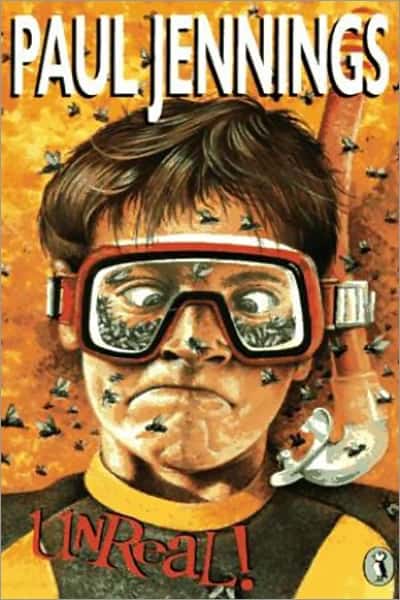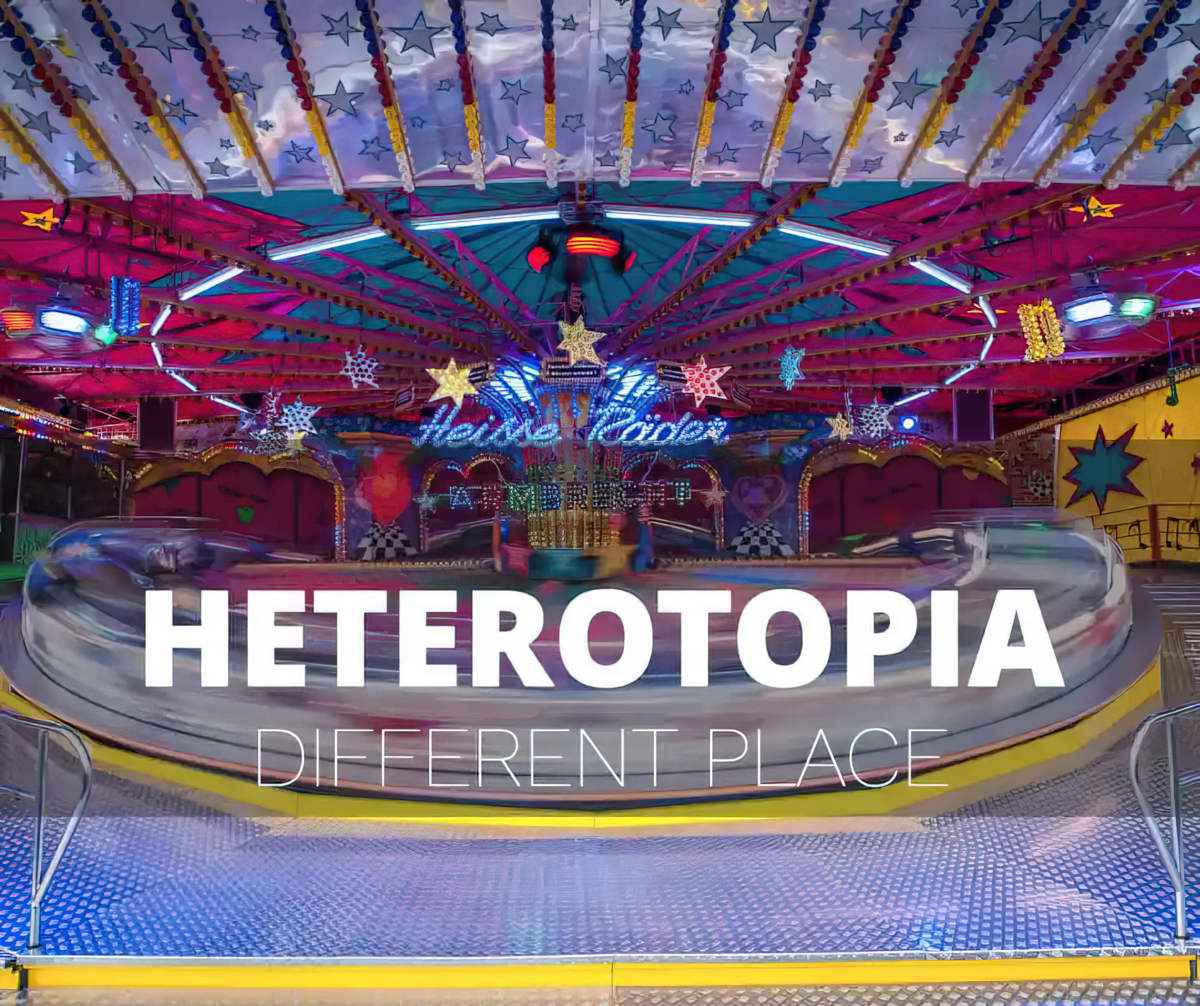-
Something Childish But Very Natural by Katherine Mansfield Short Story Analysis
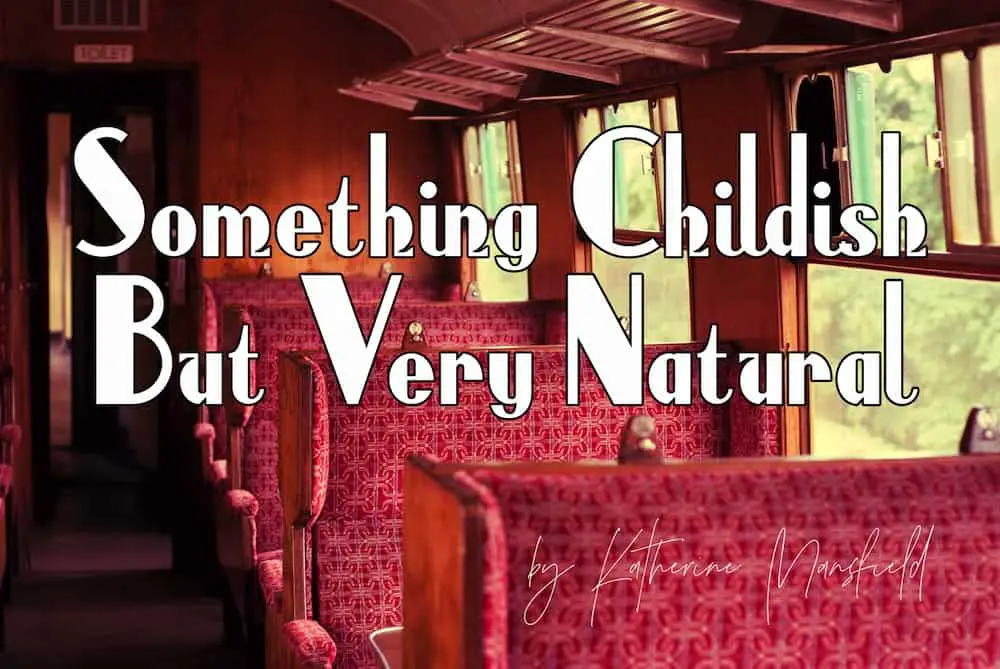
“Something Childish But Very Natural” is a short story by Katherine Mansfield, published 1913, 1924. The story is named after a poem Harry reads in the book-stall. The poem is by Samuel Taylor Coleridge. This poem provides Mansfield’s re-visioning with a nutshell emotional arc:
-
Writing Activity: Describe Medical Rooms and Hospitals
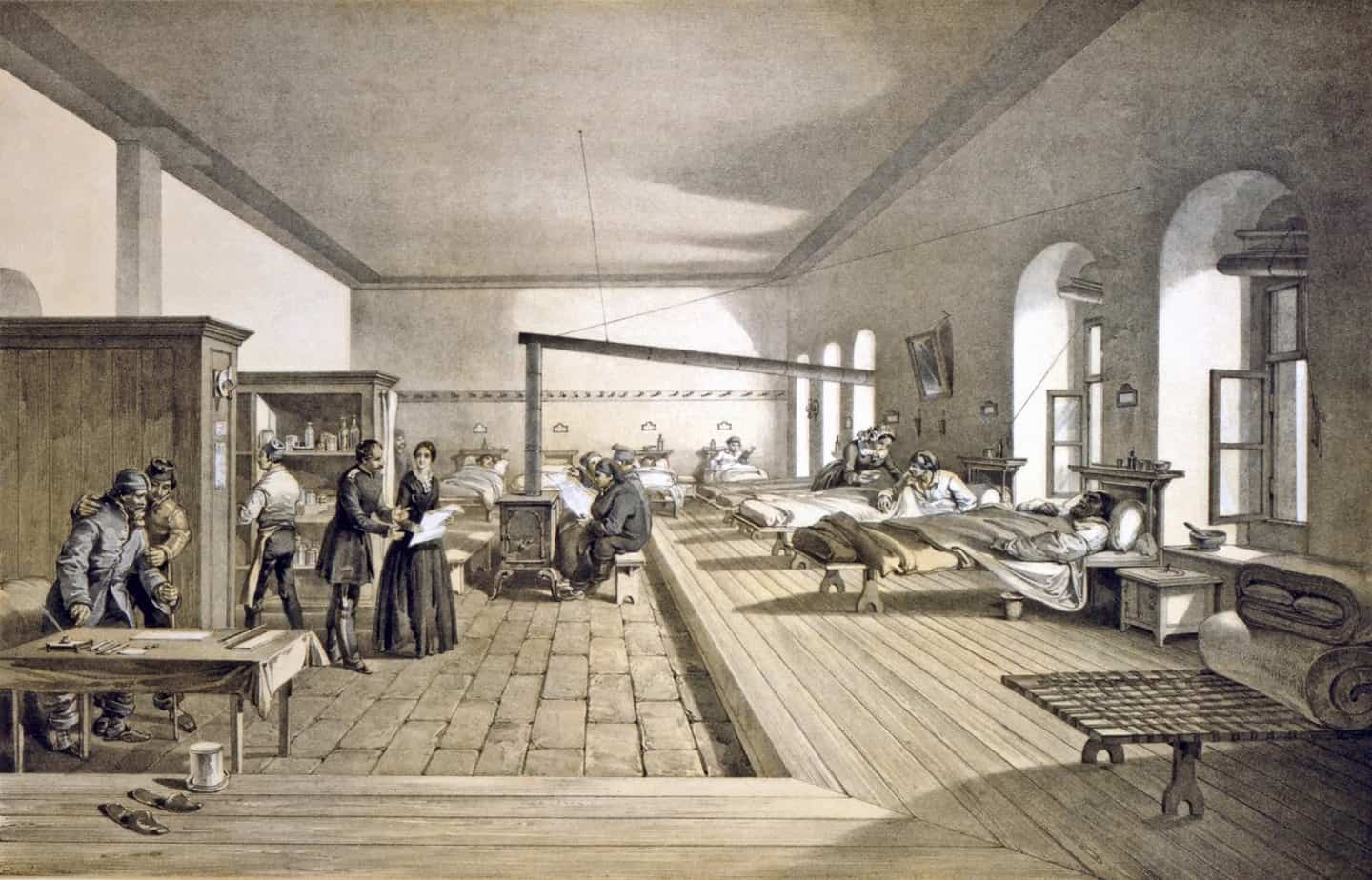
Medical rooms and hospitals are safe, infantalising, dangerous, creepy, life-saving, traumatising places, and I offer them here as examples of what Foucault called ‘heterotopia‘. The hospital’s ambiguous relationship to everyday social space has long been a central theme of hospital ethnography. Often, hospitals are presented either as isolated “islands’ defined by biomedical regulation of space […]
-
Powers by Alice Munro Short Story Analysis
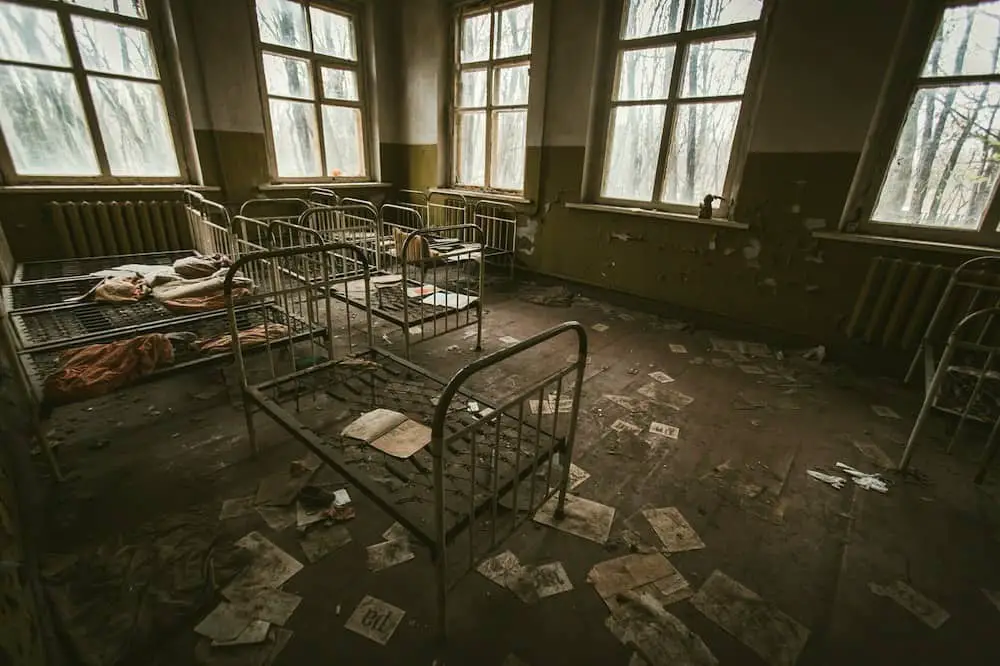
“Powers” is the final story in the Runaway collection by Alice Munro, published 2004. I find this story the most challenging of the lot — as in, what in holy heck was that all about? I’m going to have to write about “Powers” in order to understand it. Here goes my best shot. What can […]
-
Trespasses by Alice Munro Short Story Analysis
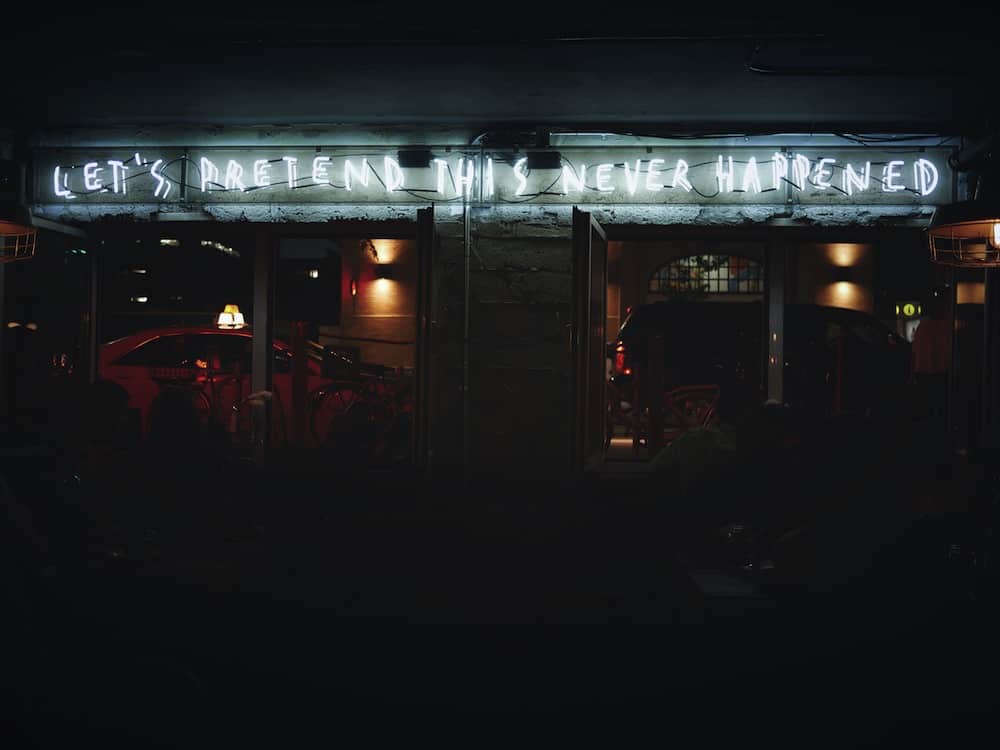
“Trespasses” is a short story by Canadian author Alice Munro, included in the collection Runaway, published 2006. This piece might challenge everything you’ve learned about how to structure a story. All the parts are there, but not as you’d expect. If Alice Munro had anonymously joined one of my writing critique groups over the years, […]
-
Jakarta by Alice Munro Short Story Analysis
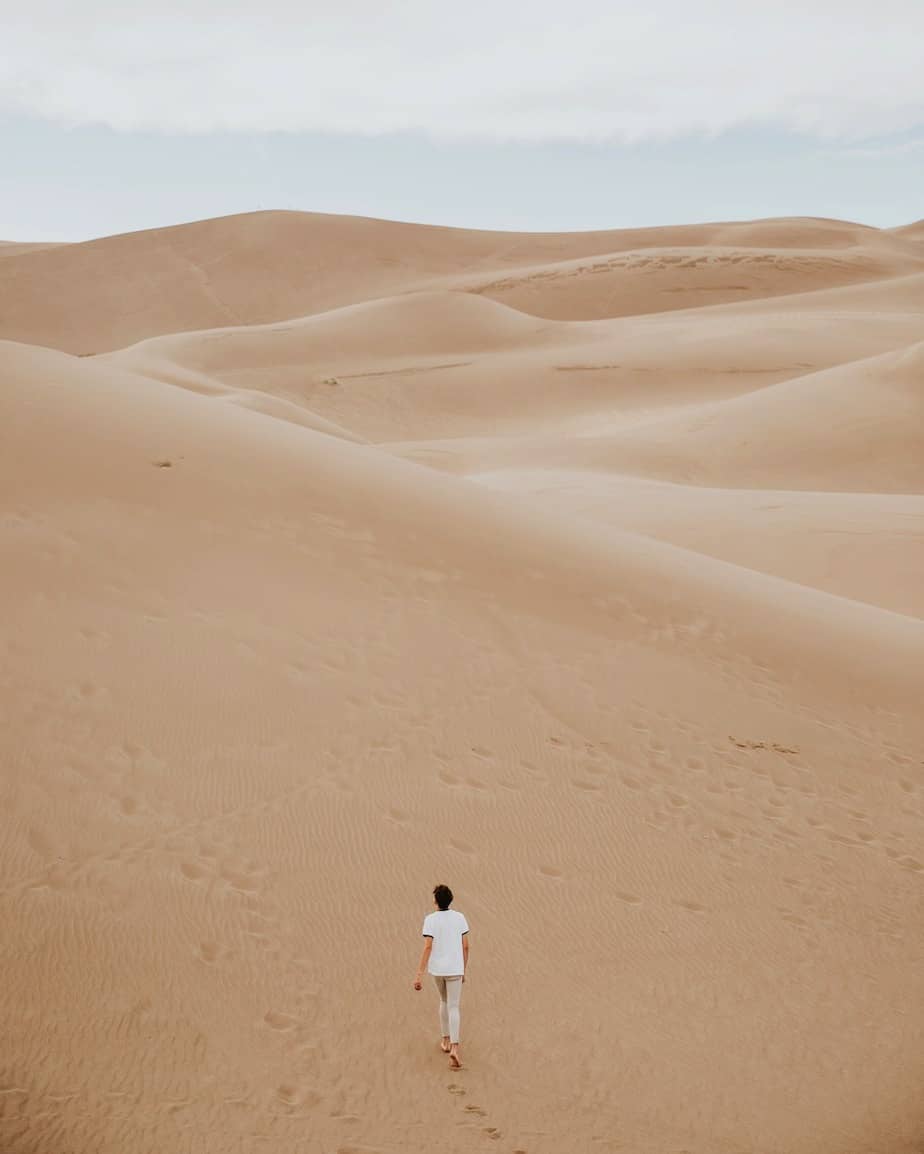
“Jakarta” is a short story by Alice Munro, the second in the Nobel Prize winning collection The Love Of A Good Woman (1998). At first it baffles me why this story is called Jakarta as it is not set in Indonesia. Eventually we find out that one of the characters has previously died in Jakarta […]
-
Hotels and Motels In Stories
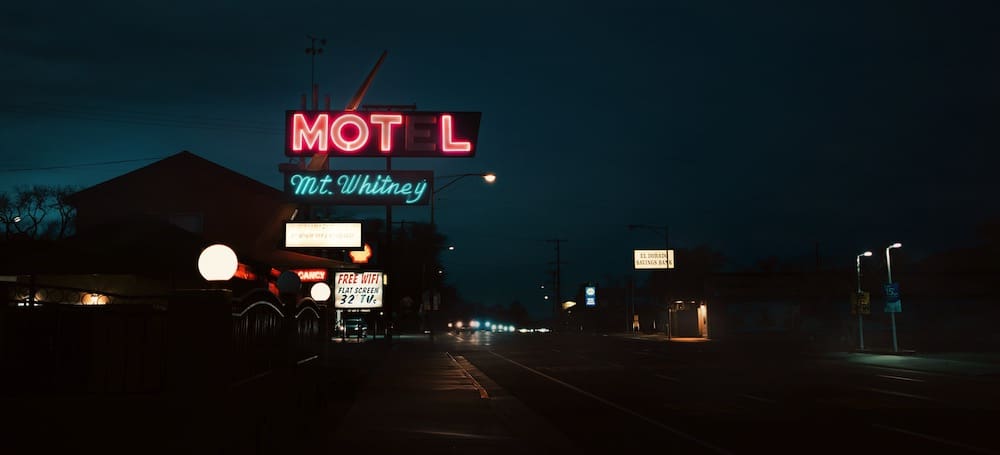
Hotels and motels, it seems, are inherently scary. My theory is that they fall into the uncanny valley of attempting to emulate home without actually being our home. Hotels and motels mimic the dream version of home, like when you ‘know’ within a dream that you’re ‘at home’, but the dream home is nothing like […]
-
When Everyone Else Is A Ghost

You may not believe in ghosts to enjoy ghost stories. I don’t either. But once you understand how ghost stories work, you’ll understand how tools of persuasion are used in other realms. Studying the ghost story is a fun way to study the techniques of persuasion. Ghost stories have plenty of other functions, too. There […]
-
The Symbolism of Trains In Literature
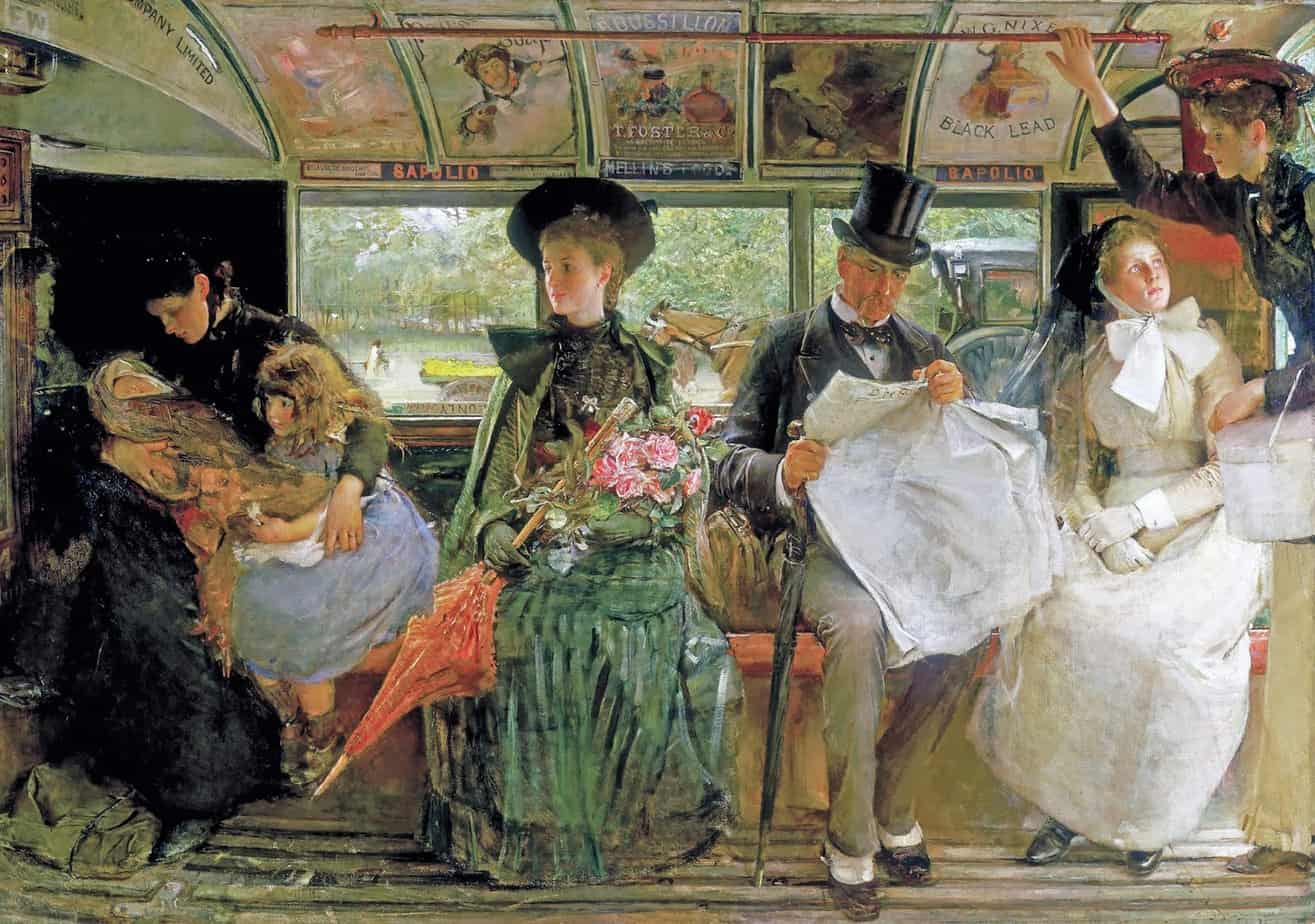
Why are trains so useful to storytellers? In stories, trains play a functional role, getting your characters from one place to another. But there’s more to it than that. Perhaps we encounter storytellers on trains more than in any other place.
-
Dumplin Film Storytelling Techniques
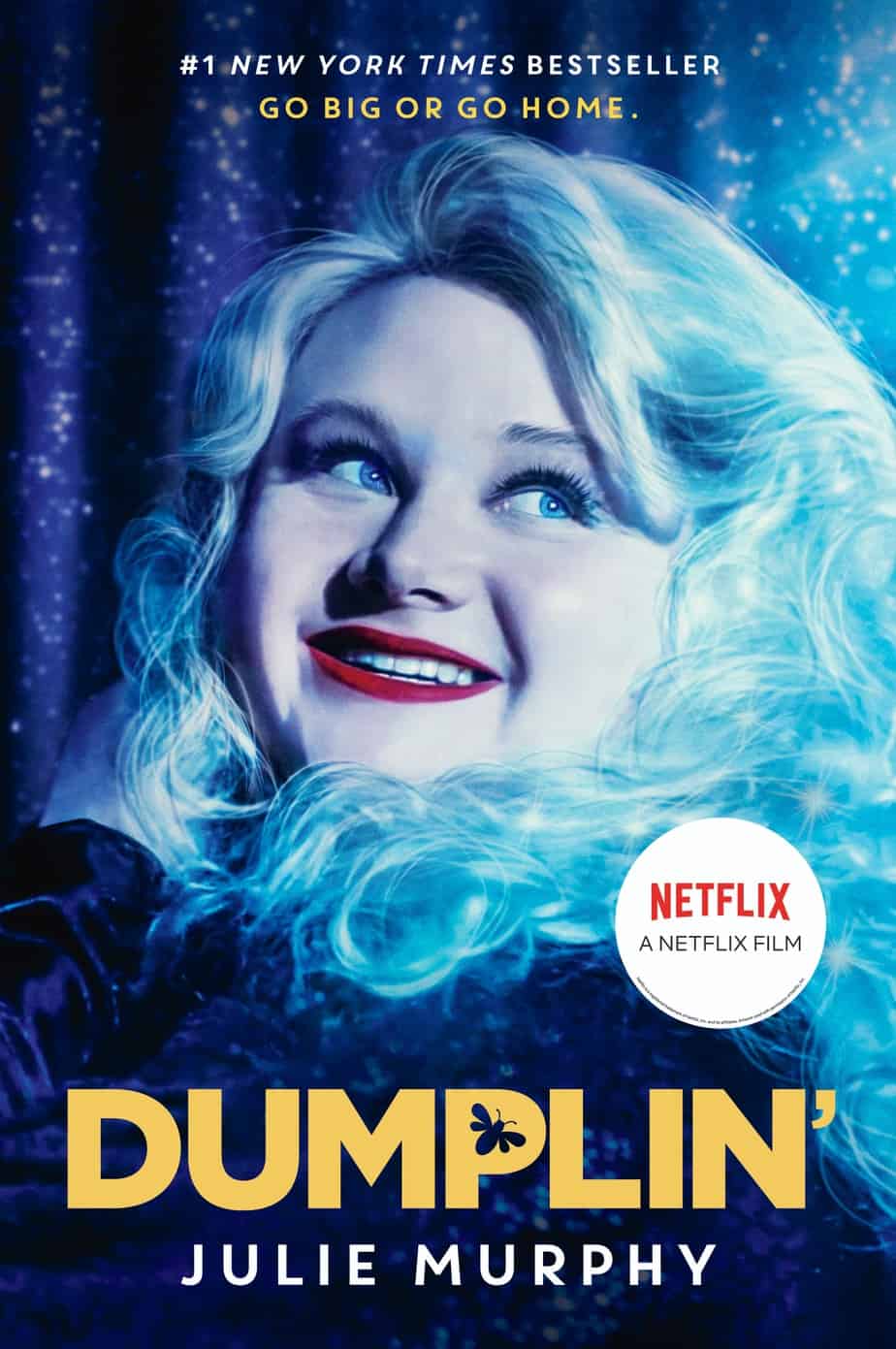
Dumplin is a 2018 young adult film based on the 2015 novel by Julie Murphy. PARATEXT Willowdean (‘Dumplin’), the plus-size teenage daughter of a former beauty queen, signs up for her mom’s Miss Teen Bluebonnet pageant as a protest that escalates when other contestants follow her footsteps, revolutionizing the pageant and their small Texas town. […]
-
Somersault Film Storytelling Techniques
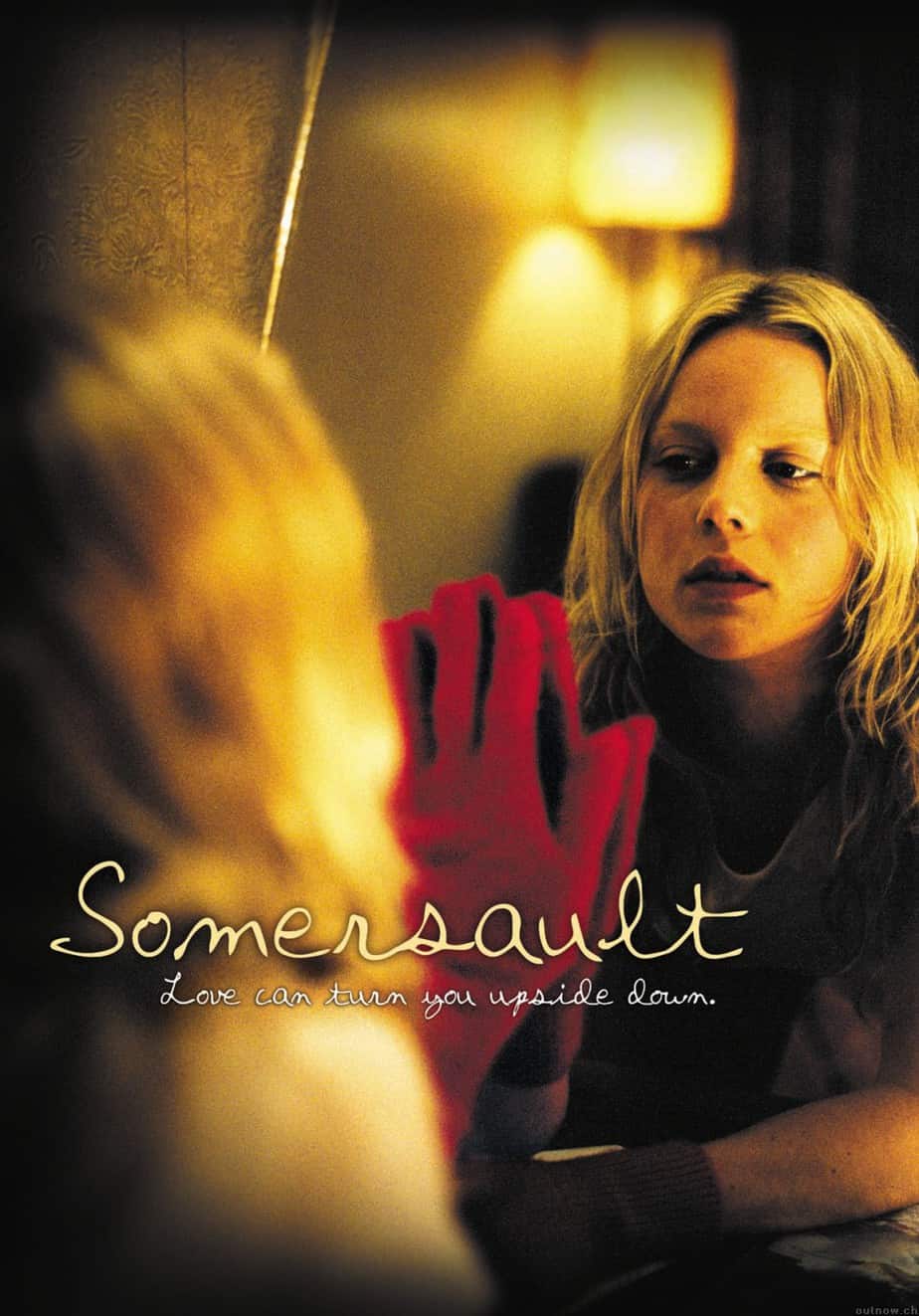
Last month I wrote about the film American Honey, set in America but written and directed by Andrea Arnold, who is English. If there’s an Australian equivalent of American Honey, Somersault is it. Somersault is a 2004 film written and directed by another (all-too-rare) female filmmaker, Cate Shortland. SIMILARITIES BETWEEN AMERICAN HONEY AND SOMERSAULT Both […]
-
Islands and Symbolism in Literature
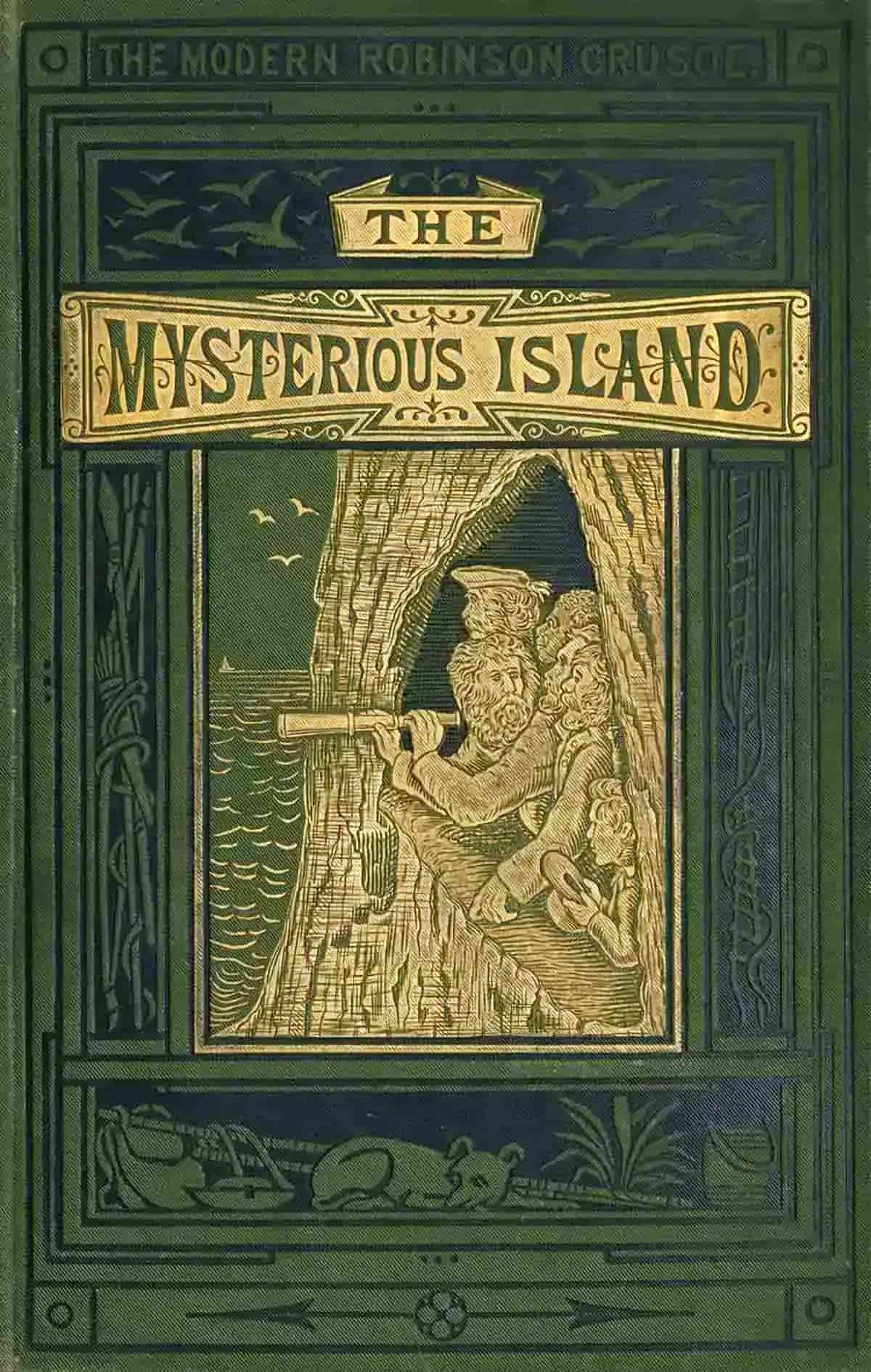
We see islands in the oldest literature we know, from Shakespeare’s The Tempest (Prospero’s Island) to Homer’s The Odyssey (Circe’s Island) to Jason and the Golden Fleece (Lemnos, Doilones, Cius etc). A well-known island from Greek mythology is Ogygia, considered ‘navel of the sea’. This island is mentioned in Homer’s Odyssey as the home of the nymph […]
-
The Beach As Setting In Storytelling
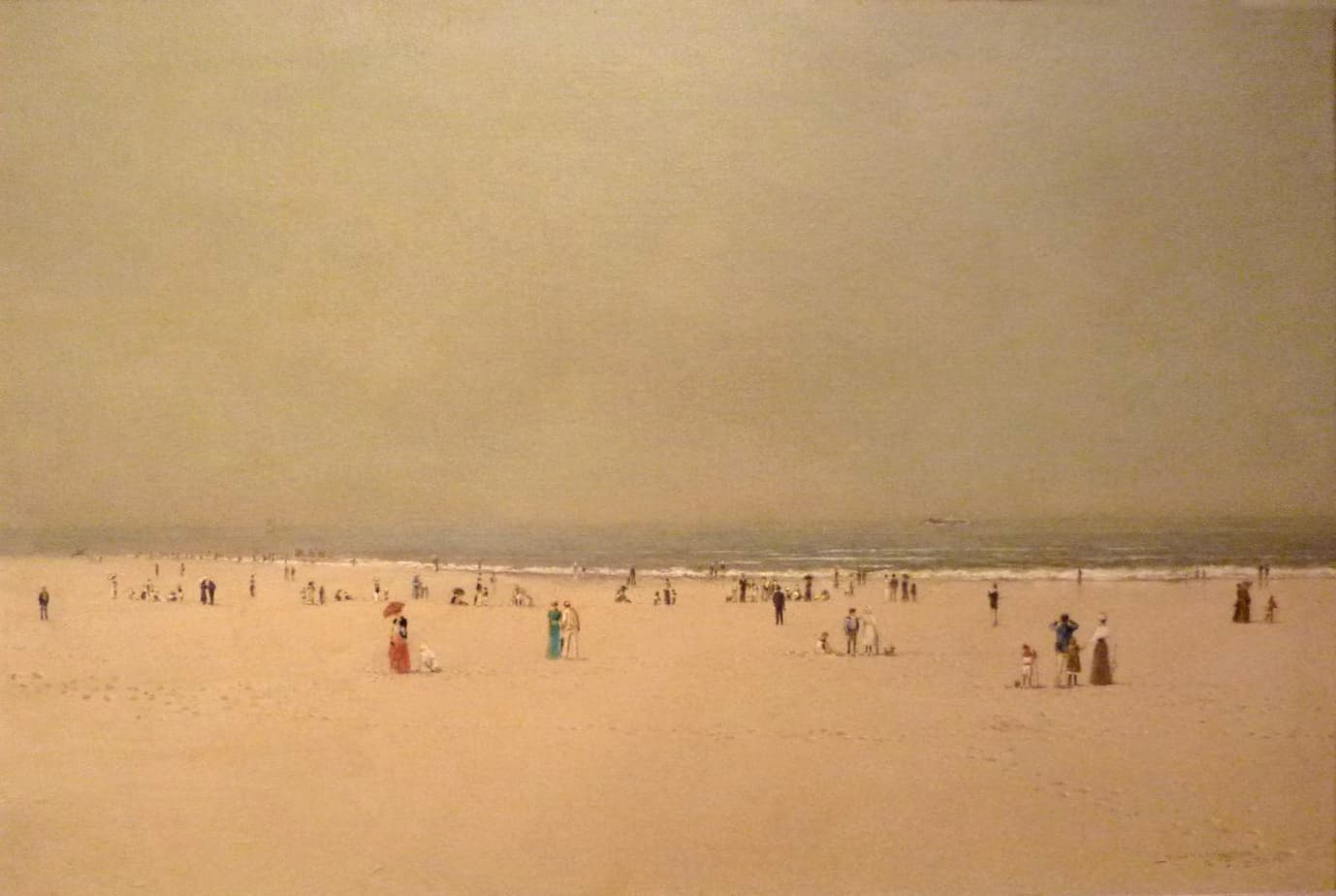
Across all forms of storytelling the beach functions as an alternative, liberating space, almost a heterotopia. The beach is also a liminal space, partly because it forms the boundary between land and sea. The beach as a tourist destination is also a liminal space because visitors can “enjoy experiences and feelings that are often repressed […]
-
Utopian Children’s Literature
The word ‘utopia’ means different things to different people and even comes from two different words. In modern English, we colloquially use ‘utopia’ to mean our own version of a perfect society. Philosophers go deeper. For example, Nassim Nicholas Taleb defines a utopia as a society built according to some blueprint of what “makes sense”. […]
